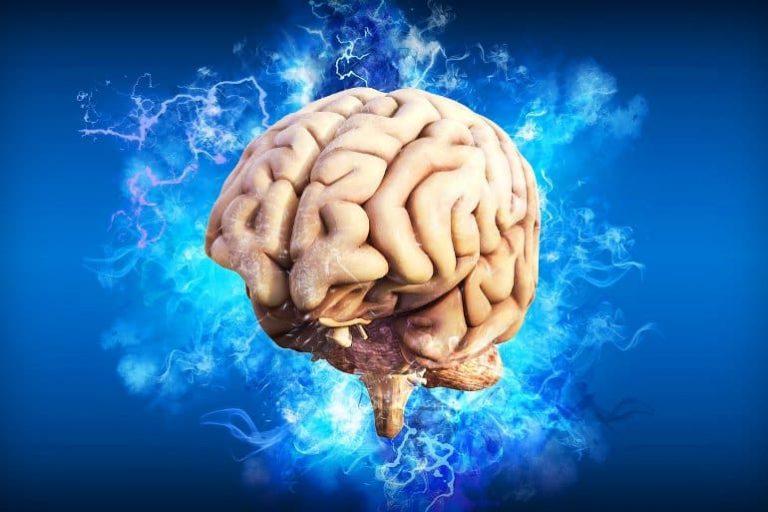Study identifies causes of cancer
Credit: public domain CC0 A team of researchers led by Yale can now quantify the factors causing DNA changes that contribute most to cancer growth in tumors of most major tumor types. They write in a new article, published in Molecular biology and evolutionthat their new molecular analysis approach brings clarity to a long-standing debate…








